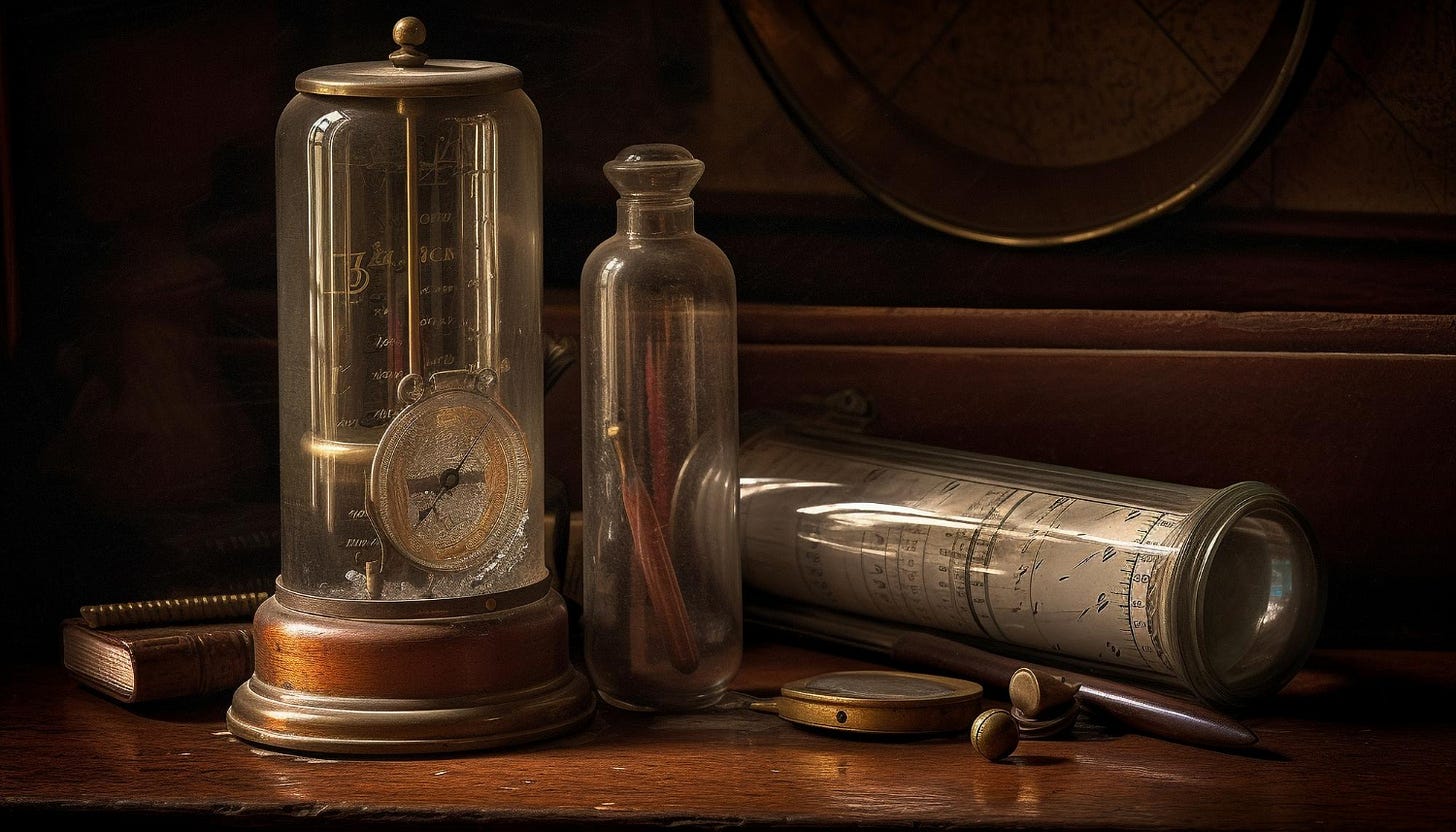I’ve been asked to contribute a story to a time capsule that will be buried at the public library in my town. The capsule will be opened in 100 years. Here’s a sneak preview for all of you who can’t wait that long and don’t know where the town library is anyway:
Greetings, people of the future! This is a person of the past speaking to you. How are you? I am fine, though dead.
I am writing this note to you on something known as “paper.” It’s an ancient medium I suspect no longer exists. It’s made out trees that are chopped down, squeezed dry and squashed into thin sheets. I am hoping I don’t have to explain what trees are. There’s some worry about that back when I come from.
I am also hopeful the English language is still the language of choice in the future, that Esperanto has not finally somehow “caught on” and become “the thing.” That would be a shame, since what I am writing to you now would look a like so much gibberish.
Just in case: Kiel vi fartas?
I am what was once called a “newspaperman,” which is a job that even now, in the far-distant past, appears to be going the way of paper. Jobs, in general, also seem to be going the way of paper. Only time will tell, I suppose.
Here in the past, when newspapermen and women sit around worrying about their jobs, we sometimes talk about other things that have disappeared — 16-ounce bottles of beer, five-cent candy bars — hell, some of us even remember five-cent beer. But we always go back to newspapers. How we’re going to miss them. (I know I’m beginning to sound like a stuck record here, but you don’t even know what a record is, do you, you poor futurelings.).
As everyone in the past knows, newspapers used to be good for lots of things — rolled up, they made excellent fly-swatters. And there was never a better material with which to wash your windows. No streaks! They came out every day and got delivered to your door.
And, when all the flies were dead and the windows clean, you could always read them, these newspapers. That was the best part. Newspapers were full of interesting and important stuff. Like about the whereabouts of the time capsule this little note is buried in.
I sure hope you future-folk (or your parents) had the foresight to save the newspaper story I wrote about where this very time capsule was buried. Otherwise, I could be wasting a lot of time, writing a message that you’ll never find in the future because some long-ago librarian put the directions to where the capsule is buried on a floppy disk or posted it to Facebook.
Where it would be safe for future generations.
I know terms like “floppy disk” and “Facebook” must sound quaint to your future ears. Here are some other terms I’ll bet you haven’t heard in a couple of decades that I’m sure will make you smile:
“Google”
“Blackberry”
“Twitter”
Back now, people liked to give goofy names to things that would invariably make a handful of callow young men billionaires. I am confident that these inventions have all faded from your super-modern scene, like the Hula Hoop and Nehru Jacket and Sarah Palin have faded from ours.
So, people of the future, I hope you’ve found this little message without having to use a detecto ray on the library lawn. I hope the library still has a lawn. If you this time capsule, someone must have stuck a (paper) clipping of my newspaper story about the time capsule on some hundred-year-old refrigerator door, which was about as high an accolade as most newspapermen and women of my generation ever got.
And if you’re reading this note, and you’re not scrambling around, looking for some kind of ancient “device” on which to read it and you still understand English and the word “newspaper” doesn’t make you feel nostalgic, I’ll say this about you: you’re a whole lot smarter than people of the past ever expected you to be.
Goodbye! Or, just in case, Gis revido!
Image by vecstock





What’s Google? Is that an old-fashioned word for the world? You oldsters, you 😉
Too funny for words. Oh wait, will there still be words? I hope so, because this is too good to be missed.